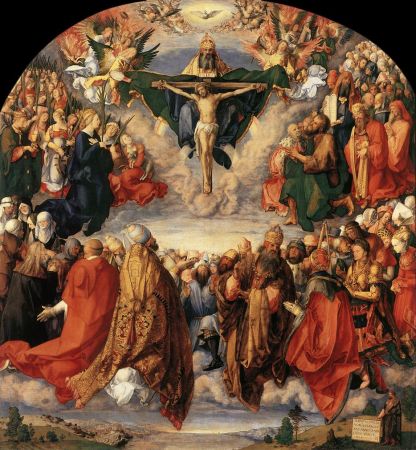
Liberation from Tyranny or RestraintÂ
For freedom Christ has set us free; stand firm therefore, and do not submit again to a yoke of slavery.
Galatians 5:1 ESV
Freedom is the ability to do what we want to do. What a Christ-follower wants to do is please their Lord and Savior. Christian freedom is not the freedom to do whatever I want, but the freedom to do what is right by God. Freedom for the Christian is the heart-felt, passionate desire to please their Lord.
By contrast, legalism, that is the law, can only motivate through fear of rejection, punishment, and slavish duty. Legalists are fear-based, proud, and guilt-ridden which leads to touchiness, insecurity, pride, discouragement, and weariness. The legalist believes that they are not valuable to the kingdom of God unless they perform well. They cannot receive Christ’s righteousness for they feel that they are unworthy creatures who have not done enough. Rule keeping is a perversion of freedom: we think by doing we can achieve acceptance by God. Legalism stifles joy and freedom in the Christian life.
On the contrary, the saint is free for he or she is liberated by their righteous standing in Christ: nothing they do or fail to do will change their status as saints in Christ. God’s grace magnifies God’s unconditional love and motivates us by filling our hearts with overwhelming gratitude and appreciative love.
True freedom is not freedom from all responsibility to God and man in order to live for myself, but the exact opposite. True freedom is freedom from myself and from the cramping tyranny of my own self-centeredness, in order to live in love for God and others. Only in such self-giving love is an authentically free and human existence to be found.
John Stott, ‘Obeying Christ in a Changing World’, in Obeying Christ in a Changing World, Vol. 1: The Lord Christ (London: Collins, 1977), 28.








